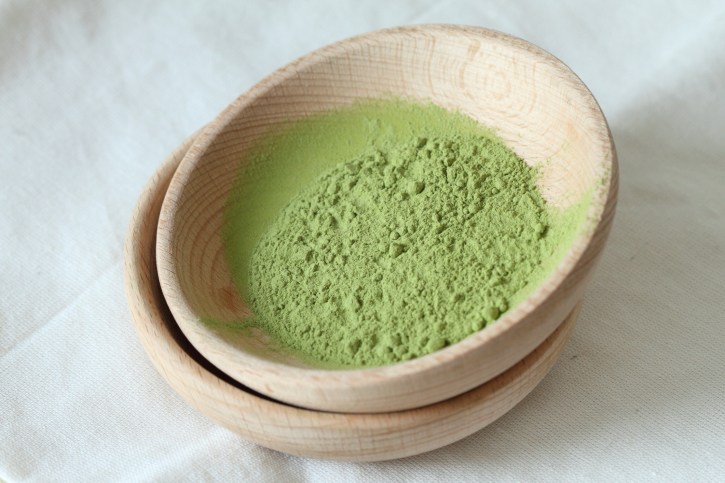Why Do We Gain Weight?
How do you finally get control of what you are eating and your diet once and for all? I have tried a hundred diets- some work for a short time, but ultimately they leave me feeling frustrated and hungry. I needed a solution to make sense of it and be able to stick to it for the long haul. I decided to get some help and do my research. Here is what I learned:
Fat tissue is the body's main calorie storage site, and without this calorie buffer we would starve to death in a few days without food. To a close approximation, changes in the amount of fat we carry depend on how many calories we eat, minus how many we burn through normal metabolism and exercise. If we eat more calories than our bodies use, we gain fat. This is called 'overeating' if it occurs in a person who doesn't need to gain fat, and it's the fundamental cause of fat gain. When we keep this principle in mind, it's not hard to understand why obesity has become much more common since the 1970s in the United States: we eat more calories per day than we used to.
Just as fat gain requires a sustained calorie surplus, fat loss requires a sustained calorie deficit. In both instances, it makes no difference whether the source of calories is carbohydrate, fat, or protein. However, the calorie source does impact appetite, making it more or less difficult to eat fewer calories, as we will see. Fat loss requires that the number of calories leaving the body exceed the number entering for an extended period of time--short of liposuction, there is no way around this math! Fundamentally, to lose fat, one must either reduce calorie intake, and/or increase calorie expenditure. Easy, right? Actually, the concept is simple but implementing it isn't necessarily easy. Simply providing guidance to 'eat less, move more' is rarely effective in the long run. Why is this, and is there a better way?
In a controlled research setting, it's easy to make a person overeat substantially without even realizing it, and it's equally easy to make a person undereat without realizing it--it all depends on what you serve them. The satiety system responds strongly to protein, meaning that protein-rich foods such as meat and Greek yogurt make you feel more full than an equal number of calories from foods rich in carbohydrate or fat, and people who eat protein-rich foods tend to naturally eat fewer calories without feeling hungrier.
Protein also acts directly on the fat thermostat in the brain, lowering the level of fat that the body holds on to and making fat loss easier and more sustainable. For these reasons, protein is one of the most powerful tools in the fat loss toolbox. However, the optimal amount of protein for fat loss depends on a variety of factors, including a person's lean mass, gender, and physical activity level. Eating less than this amount may make it more challenging to lose fat, while eating more does not provide additional benefits over the long term. Solution- eat enough to feel full, but don't overdo it.
-
Weight Loss You Are What You Think
Most of us know and have heard the phrase, ?You are what you eat?. How
-
Help Me Lose Weight with Exercise
The slimming sector is a billion dollar enterprise with an amazingly p
-
New Report: Half Of Black Adults May Be Obese By 2030
(BlackDoctor.org) — According to new research, 164
-
Achieving Your Ideal Weight Loss: How to Stay on Track
Staying on track with weight loss and achieving your ideal weight is
-
After Baby Weight Loss – Fast And Uncomplicated Ways To Lose Weight After Having A Baby
Are you interested in after baby weight loss? In this article I am goi
-
The First Step You Take Is Always The Most Important One
“The first few steps you take on any journey won’t get
- DON'T MISS
- What exactly are Good quality Methods to Lose Weight?
- 5 Healthy Living Tips For Your Diet Routine
- Win the Battle! Conquer Holiday Weight Gain
- The White Bean Extract Buzz
- Stress management
- 5 Ways To Neutralize Your Fat Genes
- Simple Ways To Lose Belly fat Without Exercise
- Fast Weight Loss Diets - Do They Work?
- The Many Benefits Of Walking
- All About Aspartame




